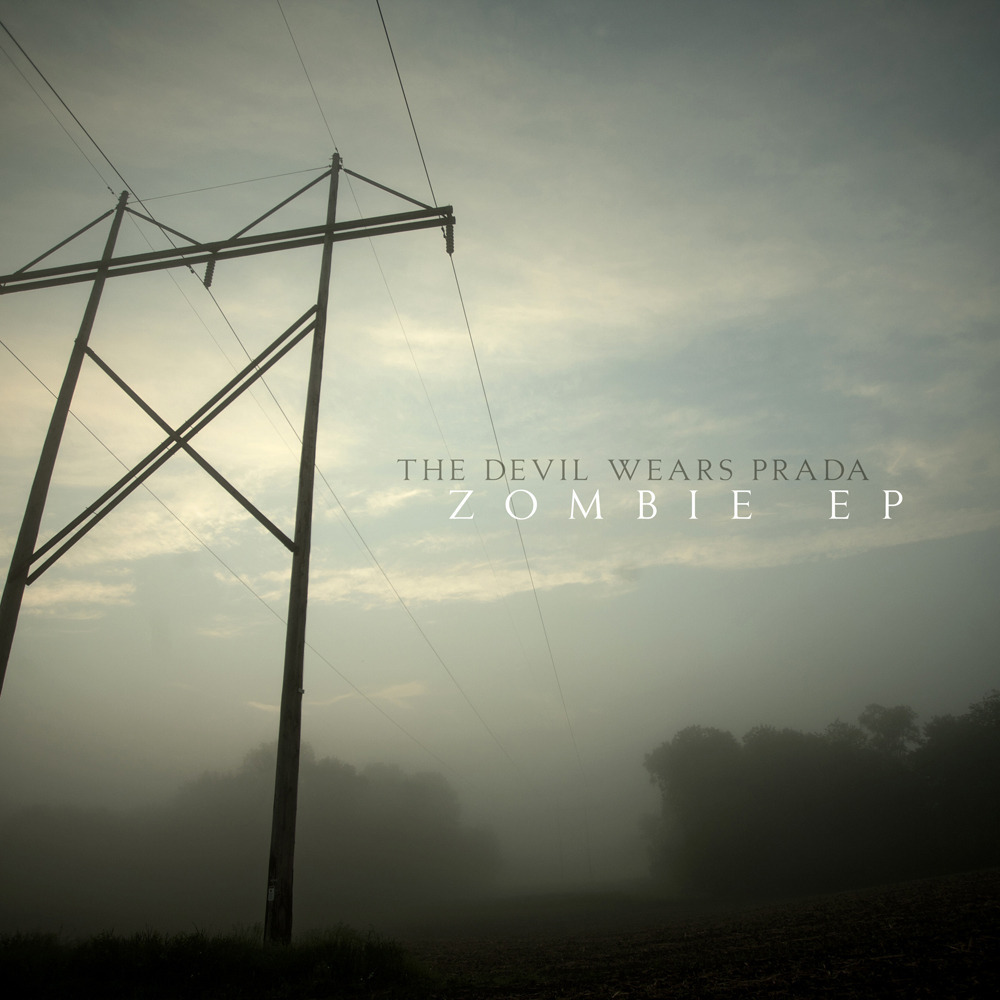im permabanned poster veganstomper58. i first started reading chapo when i was about 19. by 22 i got really obsessed with the concept of “irony” and tried to channel it constantly, until my thought process got really bizarre and i would repeat things like “vegandeth” and “this vegan eatin beans” in my head for hours, and i would get really paranoid, start seeing things in the corners of my eyes etc, basically prodromal schizophrenia. im now on antipsychotics. i always wondered what the kind of “ironic” style of chapo humor was all about; i think it’s the unconscious leaking in to the conscious, what jungian theory considered to be the cause of schizophrenic and schizotypal syptoms. i would advise all people who “get” chapo to be careful because that likely means you have a predisposition to a mental illness. peace.
There’s something of significance to be found in the story implied by this comment. You have, on one hand, the archetypal figure known for advocating on cohesion of posting, that posts ought to be located in a central location, a communal location, if you want to think of it that way. On the other hand, we have a figure who is of a diametrically opposed archetype—one that very clearly is of a style reminiscent of an existing alternative. So we see an inner conflict. It makes me suspect that in the original tale that OP was a woman while the commenter remained a man, which was later changed for reasons of political correctness, you know, but these things just don’t work as well when robbed of their traditional insights. It is by venturing into the (female) chaos of promoting the use of alternate subs that the commenter will be able to return to stanning main, however with a newfound appreciation for the use of other subs.
They also discuss being on chapo for3 years so I thought they meant permabanned from the old sub
One of the things that is worth thinking about—this is something Carl Jung was very interested in—is that these old descriptions are half geographical and empirical—based on observation—and half psychological. One of the things Jung was interested in, for example, was astrology, but mostly for psychological reasons. There are stars up in the dome, and then, when you look at the stars, you can imagine the shapes of the stars. That helps you orient yourself, because as soon as you can see shapes in the the stars, you can recognize the constellations, and you can orient yourself at night. But then the constellations become Gods, say, and then the Gods turn into a drama. The drama comes from within. It’s the projection of imagination. When Jung was analyzing astrology, he was analyzing psychology. He saw the astrological narrative as the projection of the human imagination onto the cosmos. The same thing is the case with these stories. The world they describe is not the natural world, like a scientist would describe it, because these people weren’t scientists. They didn't have the technology and the tools. For them, it was the world. For us, it’s the way they saw the world.
We share that psychology, to a large degree, with those people. It's interesting to know what the geographical substrate is, so that you kind of understand the stories. I like this picture. From a psychological perspective, it's a very famous picture. Basically, what you have here is the world as we know it. There’s the dome with the sun and the moon on it, and the stars. If you look outside what you know, then you’re out into this cosmic space. Those are like the wheels of the planets and the music of the spheres. That’s the ever-present explorer who’s gone beyond the domain that he can understand and is peering out into the unknown. It's a psychological picture, because you do know some things, and then outside of that there are things you don't know. When you’re feeling brave, you put a foot or two out where you don't understand. There’s frontier everywhere. If you’re feeling heroic and you want to do something for the world, and you want to expand what you understand, you poke your head through what you know and you take a look at whatever structure is out there.
He’s pretty smart, because most of him is still where it’s safe. I would say that’s a good thing, because if you jump right out there, well, then maybe you fall off the edge of the earth, and I wouldn’t precisely recommend that, especially if you do it accidentally. To me, this is a recreation of the Daoist yin and yang symbol—serpents, really—with the white paisley, here. That’s what you know. The dark paisley, there, is the unknown. The right place to be is right on the line between them, because you’ve sort of got one foot where you understand. That gives you security, but it's kind of dull because, hey, you know everything that's going on. That isn't what people are like. They don't want just security.
Good question. The answer is in my new book, which you can preorder now on Amazon
Lol, i know im unwell. We're all unwell by most standards. I find it profoundly less tolerable to be 'healthy,
this vegan eatin beans” as a vegan tho, legit funny. Like ya got me, I love beans





